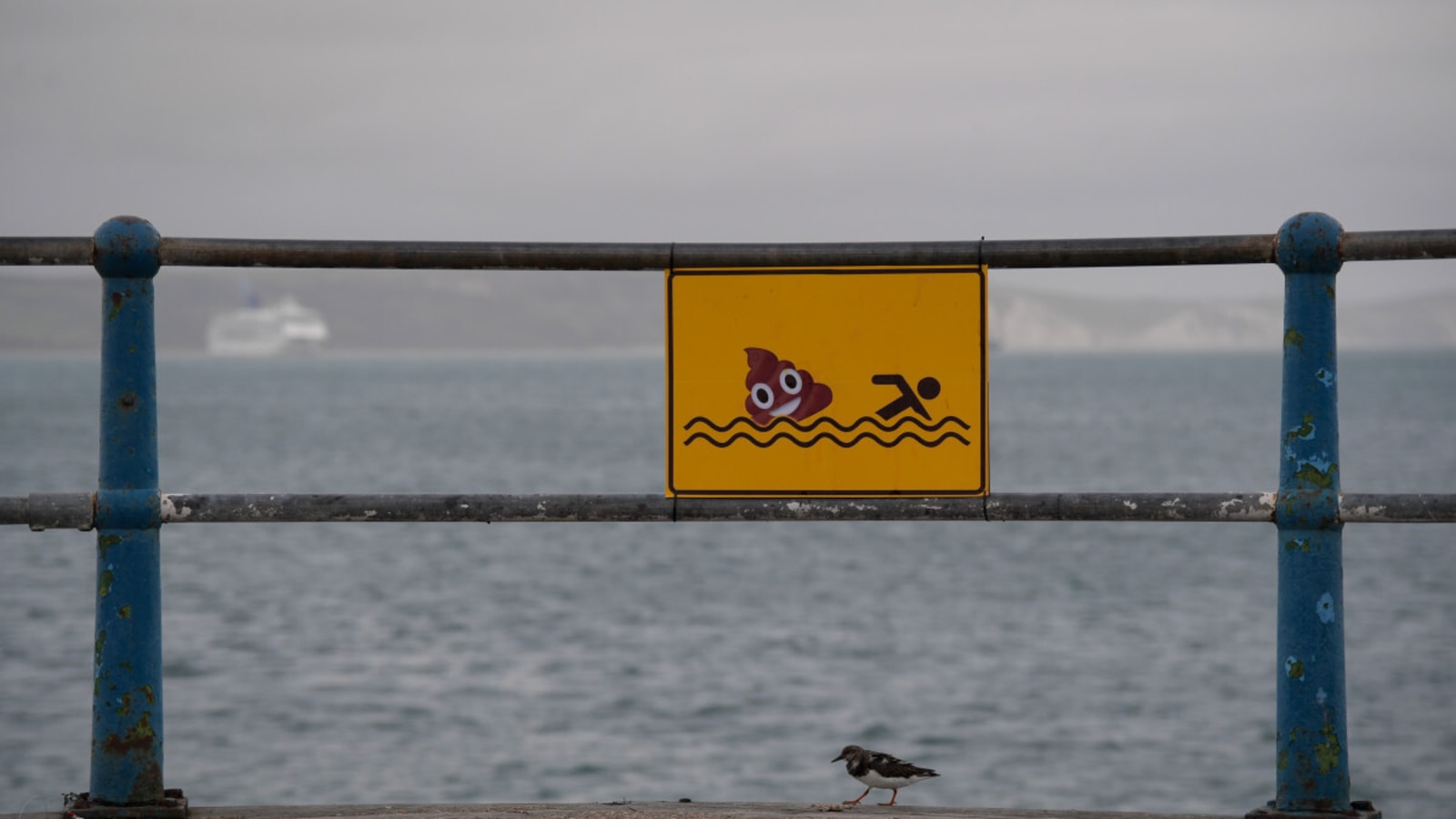
There’s an elite club in surfing. One which, for entry, requires determination, desperation, and a smidge of shameless depravity. We’re talking about the pooping in the ocean (occasionally wetsuit) club. Some members wish to remain anonymous; Griffin Colapinto proudly embraces it.
When you gotta go, you gotta go.
As for animals who call the ocean their home, there’s no other option. Does a whale sh*t in the ocean? Abso-friggin’-lutely. And so do all other marine creatures, such as the multitudes of microscopic zooplankton. They may be small, but sometimes big dumps come in small packages. And that excessive excrement is not great for the environment, specifically when it comes to climate change. So, scientists have come up with a new method for dealing with all the poop.
According to Mukul Sharma, the study’s corresponding author and a professor of earth sciences at Dartmouth:
“Normally, only a small fraction of the carbon captured at the surface makes it into the deep ocean for long-term storage. The novelty of our method is using clay to make the biological pump more efficient—the zooplankton generate clay-laden poops that sink faster.
“This particulate material is what these little guys are designed to eat. Our experiments showed they cannot tell if it’s clay and phytoplankton or only phytoplankton—they just eat it. And when they poop it out, they are hundreds of meters below the surface and the carbon is, too.”
Basically, the researchers found that spraying clay dust on the ocean surface, near algae blooms, can lead less carbon dioxide emissions. The blooms help remove carbon dioxide from the atmosphere – about 150 million tons per year. But when the blooms die, bacteria eat remnants, then release carbon dioxide back into the air. With the clay dust, the carbon particulates sink to lower depths before dispersing into the atmosphere, then zooplankton consume them down there.
In layman’s terms, less carbon emissions. That’s a good thing.
So, maybe think twice before attempting to enter the exclusive pooping in the ocean club. Probably a better idea to leave that to the algae and the zooplankton.
More must-reads:
- Four years after scandal, Olympic women's figure skating delivers an utterly redemptive podium
- NBA's new anti-tanking rules might not totally work
- The 'TD-catch leaders by NFL team' quiz
Breaking News
Trending News
Customize Your Newsletter
 +
+
Get the latest news and rumors, customized to your favorite sports and teams. Emailed daily. Always free!








